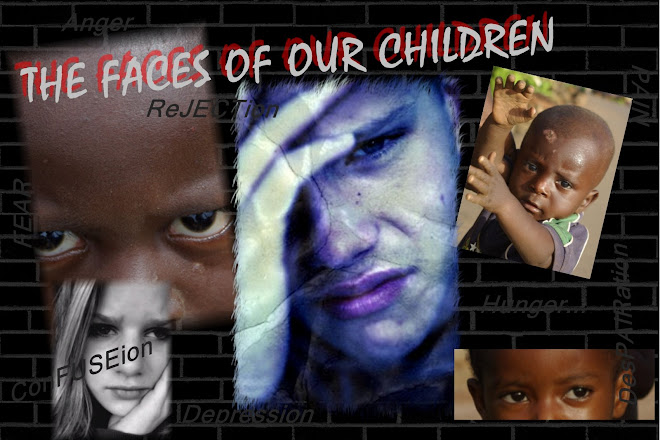
Modern day slavery and human trafficking. When we think of slavery, we usually think of the past, not today's society. However, modern day slavery and human trafficking remains a shockingly present, if not hidden, part of our global world. In fact, according to the extensive research done by the Polaris Project on modern day slavery and human trafficking, "actual statistics are often unavailable and sometimes may be contradictory due to the covert nature of the crime, the invisibility of victims and high levels of under-reporting." As I researched slavery in modern day, and sought to compare statistics, my heart felt stabbed by the amount of human trafficking that occurs; even at its lowest estimate, the numbers are high. With this article, I set forth the definition and general global impact of modern day slavery and human trafficking in hopes as to bring awareness to the problem.
Abuse of others is considered human trafficking when an individual uses another for forced labor, prostitution, debt bondage, slavery, forced marriages, and child transfer for various exploitive purposes. Trafficking often involves recruitment or transferring of the human beings through such means as abduction or fraud. Modern day slavery involves the practice of forced labor and/or confinement. Both modern day slavery and human trafficking takes an unwilling individual and thrusts them into inhumane and often horrific conditions.
The most shocking statistic comes in the fact that an estimated 27 million human beings are trapped in modern day slavery. In Europe, human trafficking is the second largest global organized crime today, according to the United Nations Office on Drugs and Crime. In fact, there occurs one sale every 47 seconds, according to the same statistics. The nature of slavery occurring from human trafficking varies from country to country but on average, 70-90 percent of females trafficked end up in the commercial sex industry, while most males endure forced labor and abusive slavery. Many of these are young children; those that aren't should be considered "children" still, averaging between the ages of 12 to 14.
Modern day slavery and human trafficking is just coming to the forefront of awareness in today's world because, as mentioned at the onset, the crime is generally hidden. Those trafficking keep actions highly secretive, are often seductive individuals, and threaten victims with death which in turn causes the trafficked to hesitate to cry for help. However, the greatest reason that the mass amount of slavery in modern day has been hidden for so long is that money speaks, or, in this case, it gives the incentive to keep quiet. The total yearly profits generated by human trafficking as an industry comes to 32 billion dollars! And, $15.5 billion of this total is made in industrialized countries – countries that should be leading by example and respecting all humanity. I have to agree with Secretary of State Hillary Clinton when she says that human trafficking and modern day slavery "is an affront to our basic values and our fundamental belief that all people everywhere deserve to live and work in safety and dignity."
Especially as a Christian, we are called to "speak up for those who cannot speak for themselves, for the rights of all who are destitute" (Proverbs 31:8). Those stuck in modern day slavery are being denied their God given right to speak out, and the trafficking is leaving in its wake lives destitute and hearts broken. The first step to speaking out comes in being informed, then partnering with others taking action. Ceitci Demirkova Ministries interacts with children and families touched by the various forms of slavery and human trafficking, especially in Bulgaria and Uganda, highly impacted areas of this crime against human beings created by God. In fact, Changing a Generation may be rescuing a child every day, for the programs are providing food, education, and hope, which helps keep families from selling their children into slavery, and children from agreeing to any "opportunity" in a desperate attempt for survival.



No comments:
Post a Comment